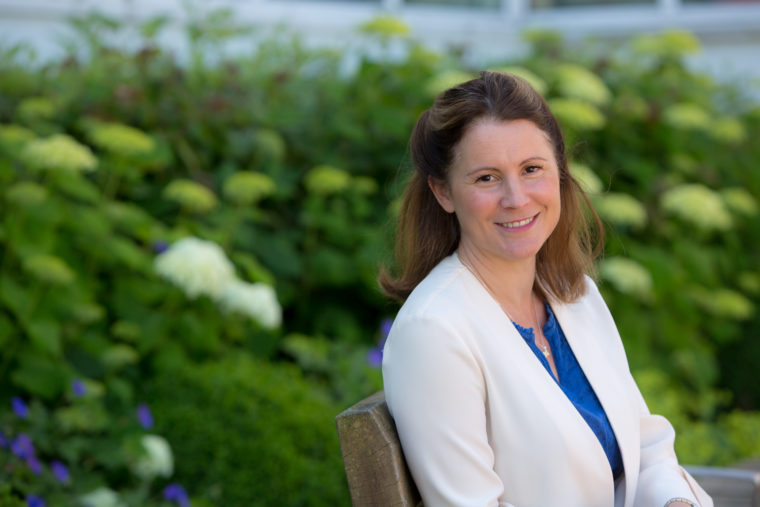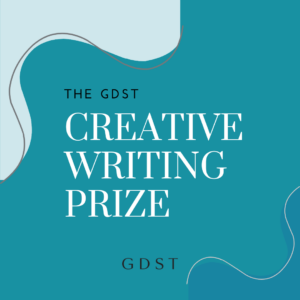News & Events
Leadership Likes: Mrs Bradshaw

Walking exam classes into their first exams over the last two weeks, the first not just for them but for us as a school for three years has caused me to reflect on why we do this odd dance every year. Having been out of the habit – suddenly sitting in silence waiting for the clock to get to the allocated start time, the scratching through of rough work in the exam booklet and the peeling labels from water bottles all seem a little alien. Of course, I know why we do all these things. We do them because, whilst deeply flawed, examinations where everyone in the country is playing by the same rules, is still the fairest way to assess that we have come up with. If Boris Johnson has learnt anything it is presumably that CAGs and TAGs should never be revisited!
However, if the pandemic has taught us anything else, it is that those who can problem solve, think critically, and make decisions are best placed to deal with unexpected challenges. And our GCSEs and A levels have long been considered a fairly poor measure of any of those skills – those same skills that the World Economic Forum tells us that our children will need in spades when they enter the ever changing world of work. There are very few industries, if any, where doing what you have always done is enough.
So, for me, that calls into focus all the ways in which we challenge our pupils to develop skills outside of the set exam curricula.
This year I have had the privilege of seeing some of our EPQs (Extended Project Qualifications – in Lower Sixth) and HPQs (Hight Project Qualifications in Year 10) take shape. These fantastic projects really do test, develop and champion skills above content. From independently planning and tracking their project to presenting their findings and referencing their essays, they challenge the students in an entirely different way. The self-direction needed to complete one of these projects sets students up for life at university, where there is no Google Classroom to order your ‘To Do’ list and no bench to sit on by the staffroom to get a helping hand whenever you need it. The projects are impressive year on year and the range of interests on show when we allow students to direct themselves is amazing. This year I have marked a 3D digital model of a rocket engine, read an argument that Autism Spectrum Disorders and Synaesthesia may be linked and watched a presentation about how exposure to Disney Princesses affects young girls’ self-image.
Our junior school’s curriculum is built around the development of skills. Their curriculum promotes the development of five key skills: problem solving, creativity, collaboration, emotional intelligence and resilience. These skills were chosen by staff following research released by the World Economic Forum about the skills required in the industry in the future. None of these skills are confined to a specific curriculum subject and are promoted within all aspects of Junior School. For example, problem solving is not limited to Maths but is encouraged and developed across many other areas such as during invasion games in PE and when working out the best medium to use to create the desired effect in Art.
Our girls are fortunate to be in a school which understands the importance of skill development, especially in relation to future careers. I wonder, had I been to a Junior School whose curriculum embraces skill development and a Senior School where I had been able to complete an HPQ and EPQ, would my university dissertation have been a less stressful experience!
So as we familiarise ourselves again with the odd rituals of exam season, I want to wish our exam classes luck, advise them to look after themselves and remind them that they are equipped with so much more than simply the grades they will have earnt.
Mrs Bradshaw
Deputy Head (Sixth Form and Operations)
More news
Awards and Celebration
GDST Creative Writing Year 12 & 13 – highly commended
Co-curricular



